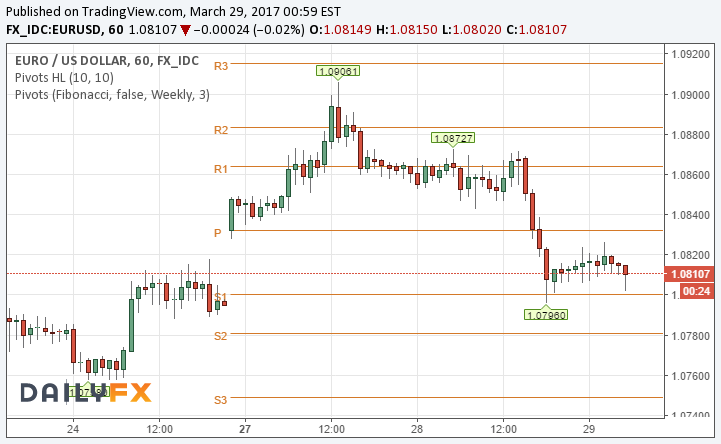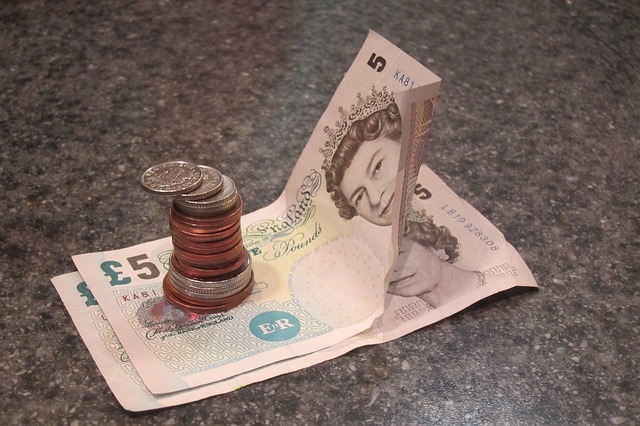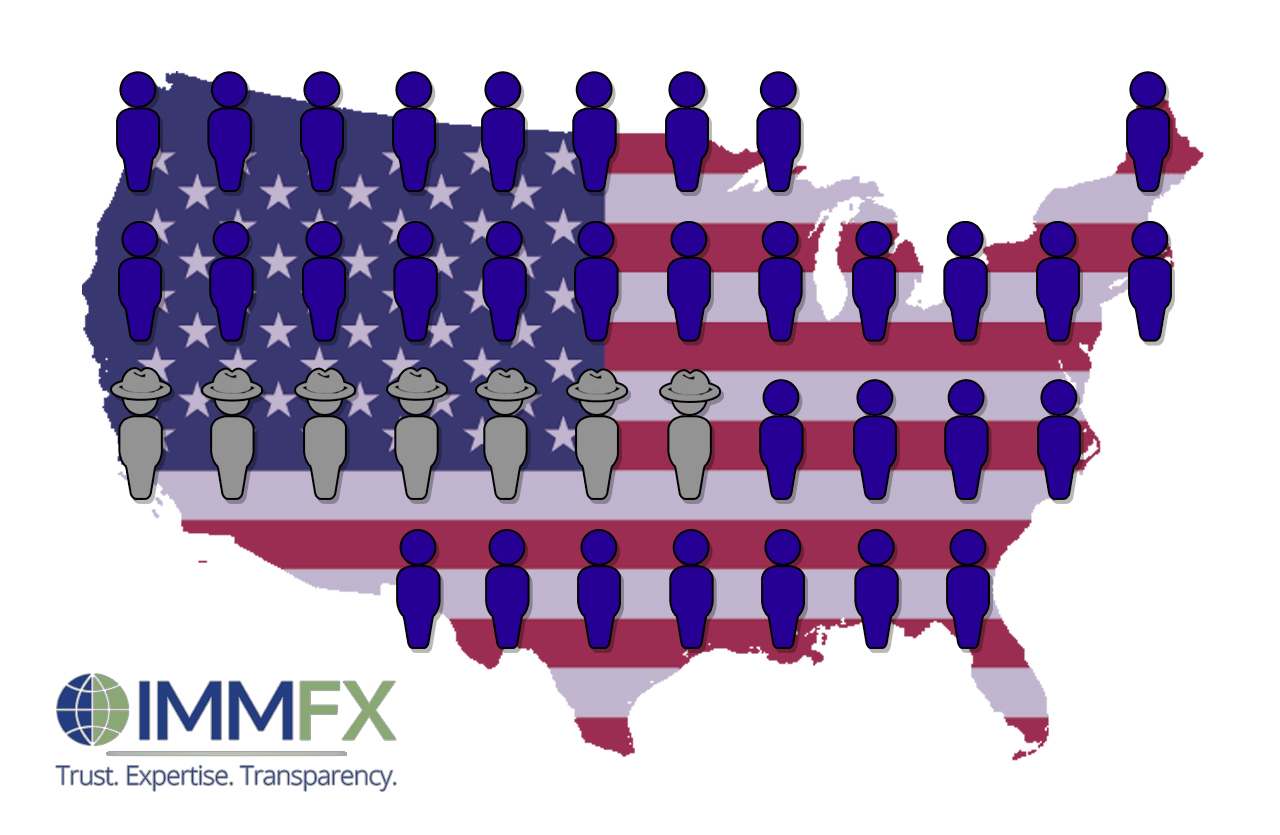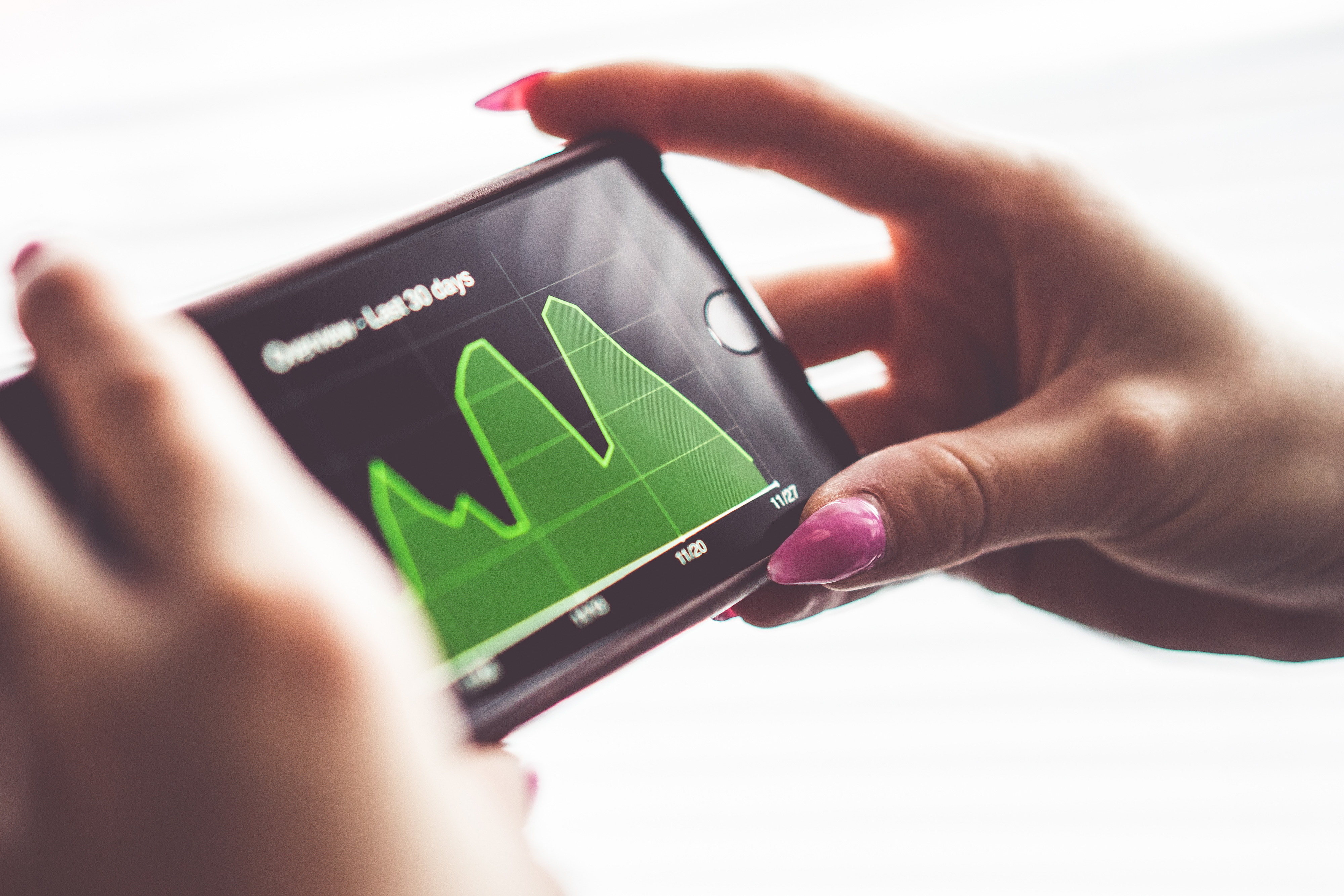Natural and technical disasters are not uncommon when you trade from home. Computer failure, electricity cut off, hurricane, u an expected visit from a neighbor, health issues and other factors can lead to loss of money if you aren’t careful. What should be done if your positions are open and your trading platform fails? What is the way to limit your risk from all possible disastrous scenarios? Do you have a trading plan for an unforeseen set back?
We are all familiar with a term backup. Most of the work done on the computer can be copied and saved on home server, CDs, USB drive and other memory devices. This gives you an ability to restore your work from a backup copy if the original is gone by accident, technical failure, software bugs, computer virus and other misfortune. What about forex trading? How can you back up your trades? What if there is an online system failure with the forex broker?
Below is the list of things you can do to secure your forex trading:
# Store your brokers’ phone numbers on a speed dial or somewhere within reach.
# Buy another computer/laptop with a serviceable battery. Copy the trading data and the software. The laptop battery will last at least 6 hours. In case your main computer fail or electricity goes off, the backup laptop is ready to go.
# Back up the internet connection with, for example, the internet 3G card. Having two computers does not provide you enough security if they share the same DSL connection, right? Speaking of doubling up, have two internet routers! In case one of the internet connection/router goes down, all you have to do is connect the cable and you are ready to trade again.
# Place a firm stop-loss as soon as you place the trading order.
# Install mobile trading platform on your phone and have price alerts sent to you.
# It is advisable not to use your trading computer for personal surfing, especially during working hours. You will understand what I am talking about here when a virus attacks your PC!
# Having another funded account could be a good idea. That way if your main broker account experience any access issues, you can trade your positions on the second forex account.
One of the winner principals of forex trading is that if you are not planning to succeed, you have already planned to fail. Computers are the part of online forex trading, whether you like it or not. Failure comes as an unexpected and fatal disease. Do not relay 100% on your computer or the software since there is no such thing as a perfect machine. Failures happen and usually when it happens you not only lose some text – you lose it all along with the opportunity to close the open positions or enter a profitable trade on time.
It is your responsibility to adopt a professional way of dealing with failures. Your backup technique turns you into a professional forex trader who frowns for a spit second and moves on to plan B without loss or pain.







